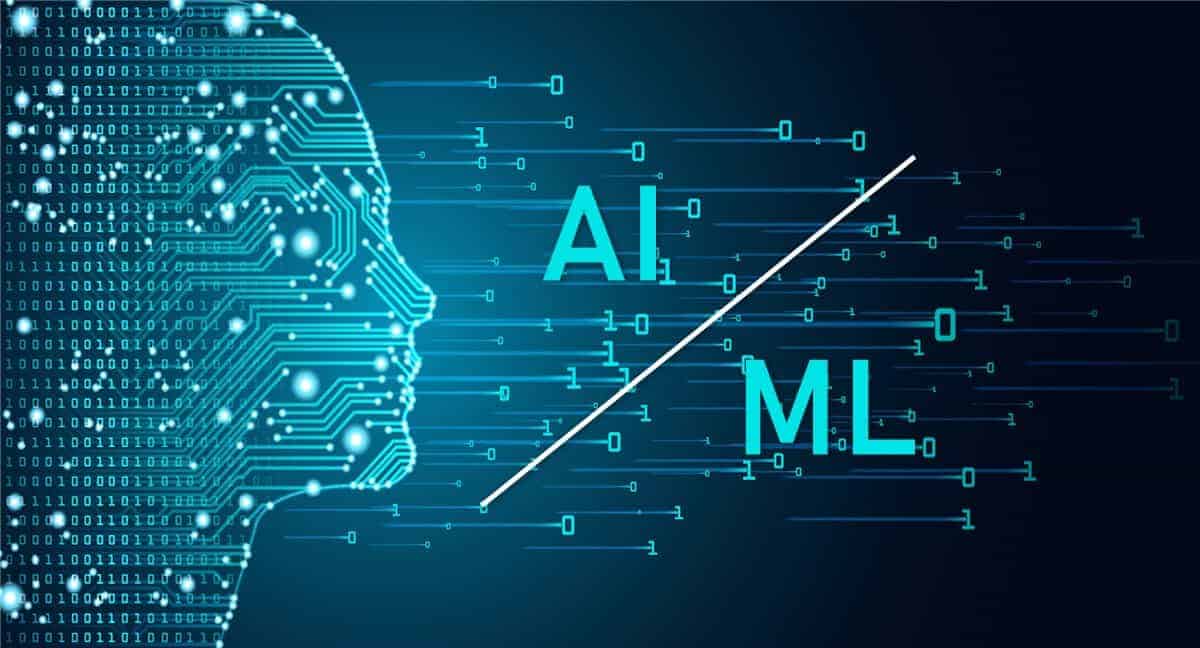Integrating Artificial Intelligence (AI) and Machine Learning (ML) into medical devices is transforming healthcare by enabling advanced diagnostic tools, personalized treatment options, and more efficient healthcare delivery. BGO Software, known for its expertise in healthcare technology solutions, has been part of this wave, focusing on designing and developing software that enhances medical devices through AI and ML integration. Here’s a deeper look into how AI and ML integration is reshaping the medical device industry, with an emphasis on what companies like BGO Software bring to the field:
1. Enhanced Diagnostic Capabilities

One of the most significant impacts of AI and ML in medical devices is improved diagnostic accuracy. Traditional diagnostic tools often rely on human interpretation, which can be subjective and prone to variability. However, with AI, medical devices can process and analyze vast amounts of medical data—like imaging scans, lab results, and historical patient information—to identify patterns that might be missed by the human eye. Machine learning algorithms can “learn” from past diagnoses, refining their predictive capabilities over time.
- Example Applications:
- Radiology: AI-powered devices analyze CT scans, MRIs, and X-rays, helping radiologists identify abnormalities such as tumors, fractures, or lesions more accurately and in less time.
- Cardiology: Devices that monitor heart conditions can leverage ML to predict risks of arrhythmias or other heart-related issues, allowing preventive care.
BGO Software’s approach focuses on building custom diagnostic solutions that can integrate with existing hospital systems, providing real-time insights and reducing the time doctors spend on image analysis.
2. Personalized Treatment Plans

AI and ML also enable the creation of personalized treatment plans based on a patient’s unique health profile. Medical devices embedded with AI can analyze patient-specific data—like genetics, lifestyle, and medical history—to recommend tailored treatments. For example, some devices in oncology use ML algorithms to predict how a patient might respond to specific cancer treatments, ensuring a more personalized approach.
- Benefits:
- Precision in Treatment: Personalized treatments reduce trial-and-error approaches, improving outcomes and potentially lowering treatment costs.
- Adaptive Therapies: Certain devices adjust treatment protocols in real-time based on how the patient is responding, providing a level of adaptive care.
BGO Software can develop interfaces and backend systems that allow these devices to adapt in real-time, facilitating smoother interactions between healthcare providers and patients, and giving providers tools to monitor patient outcomes closely.
3. Predictive Maintenance and Device Reliability

AI-driven predictive maintenance is an emerging application within the medical device industry. Medical devices, particularly complex ones, require regular maintenance to function reliably. With ML algorithms, devices can predict when they are likely to need maintenance, alerting healthcare providers in advance to prevent unexpected downtime.
- Applications:
- Real-Time Monitoring: Devices equipped with sensors can monitor themselves, using ML to track their performance and detect any deviation that could indicate a future malfunction.
- Reduced Operational Costs: Predictive maintenance helps hospitals and clinics avoid costly repairs or replacements, improving device longevity and overall cost efficiency.
BGO Software’s expertise in device data analytics and system integration can help healthcare organizations implement predictive maintenance by building software that gathers and analyzes device usage data, providing actionable insights.
4. Remote Patient Monitoring
Remote patient monitoring (RPM) is increasingly important in healthcare, especially for managing chronic conditions like diabetes, heart disease, and respiratory illnesses. AI-enabled medical devices can monitor patient vitals continuously, detecting anomalies and alerting healthcare providers when intervention may be needed. For instance, wearable devices track heart rate, oxygen levels, and sleep patterns, with ML algorithms trained to spot early warning signs of health deterioration.
- Benefits:
- Improved Patient Outcomes: RPM devices allow for early intervention, reducing emergency visits and hospitalizations.
- Increased Accessibility: Patients in remote or underserved areas can receive quality healthcare through monitoring devices and virtual consultations.
BGO Software’s experience with remote monitoring solutions makes it a valuable partner for healthcare providers looking to implement RPM solutions, which can provide real-time alerts and analytics to improve patient care.
5. Regulatory Compliance and Data Security
As AI-integrated medical devices handle vast amounts of sensitive patient data, ensuring data security and regulatory compliance becomes critical. Regulatory agencies like the FDA in the U.S. and the European Medicines Agency (EMA) have specific standards for AI and ML in medical devices, focusing on patient safety, efficacy, and data privacy. Software developed for AI-enabled medical devices must therefore incorporate compliance frameworks that address these requirements.
- Challenges:
- Data Privacy: Ensuring compliance with regulations like HIPAA (Health Insurance Portability and Accountability Act) and GDPR (General Data Protection Regulation).
- AI Model Explainability: For regulatory approval, AI models need to be interpretable and transparent, showing how they make decisions to gain trust from both regulators and healthcare providers.
BGO Software has a strong track record in building secure, regulatory-compliant healthcare solutions. Their understanding of healthcare regulations ensures that the software developed for medical devices adheres to compliance standards, safeguarding patient information.
6. User-Friendly Interfaces and Accessibility
AI-driven medical devices must be user-friendly for patients and healthcare professionals. BGO Software, with its expertise in healthcare software development, emphasizes the creation of intuitive interfaces that facilitate easy interaction with AI-powered devices. This includes integrating data visualization tools and dashboards that make it easier for healthcare providers to interpret data and make informed decisions.
- User-Centric Design: BGO’s development approach prioritizes accessible, user-friendly interfaces that cater to the diverse needs of patients and medical staff, improving device usability and adoption rates.
RELATED ARTICLE
Conclusion
The integration of AI and ML in medical devices is paving the way for a new era in healthcare, offering more precise diagnostics, personalized treatment, enhanced patient monitoring, and predictive maintenance. BGO Software, with its experience in building advanced, compliant healthcare technology solutions, plays a key role in supporting this transformation. By focusing on regulatory compliance, data security, and user-friendly design, BGO Software ensures that AI-enabled medical devices are both innovative and aligned with the healthcare industry’s standards and requirements. As AI continues to evolve, companies like BGO Software will be essential in realizing the potential of intelligent, data-driven healthcare.
